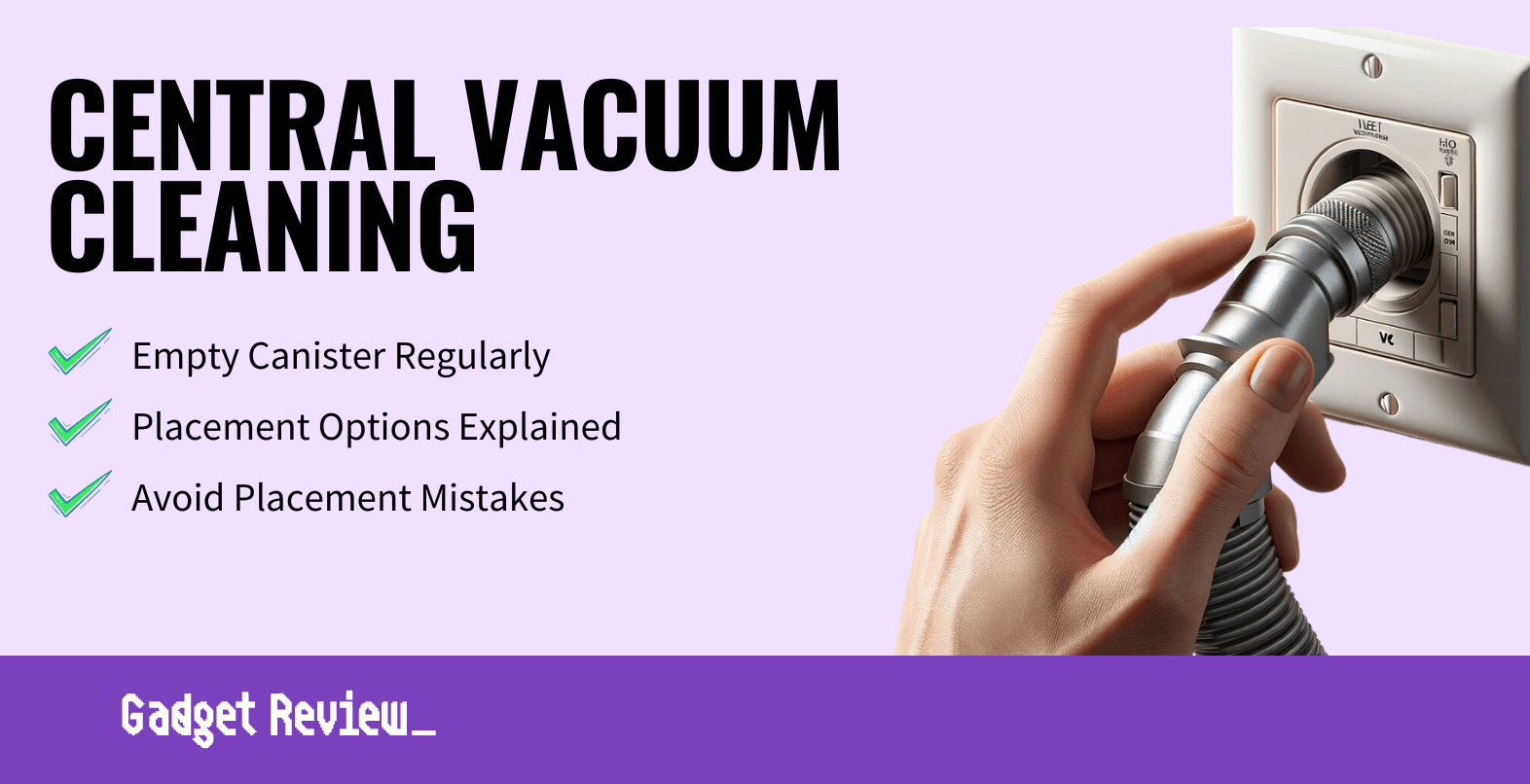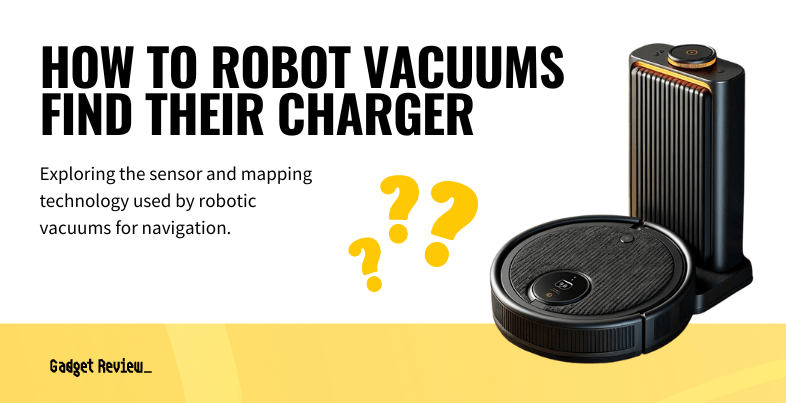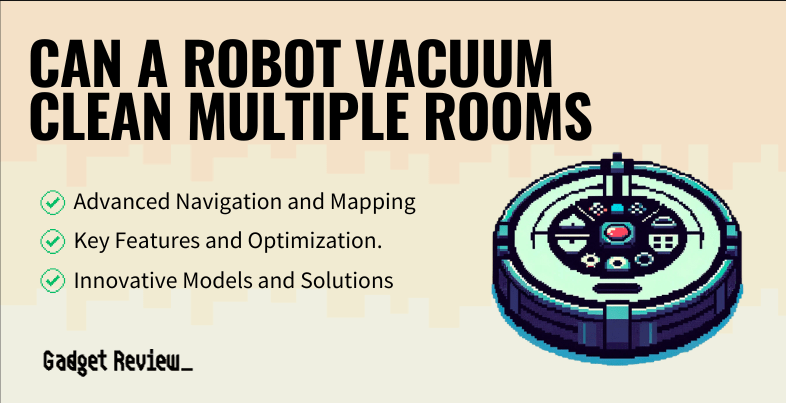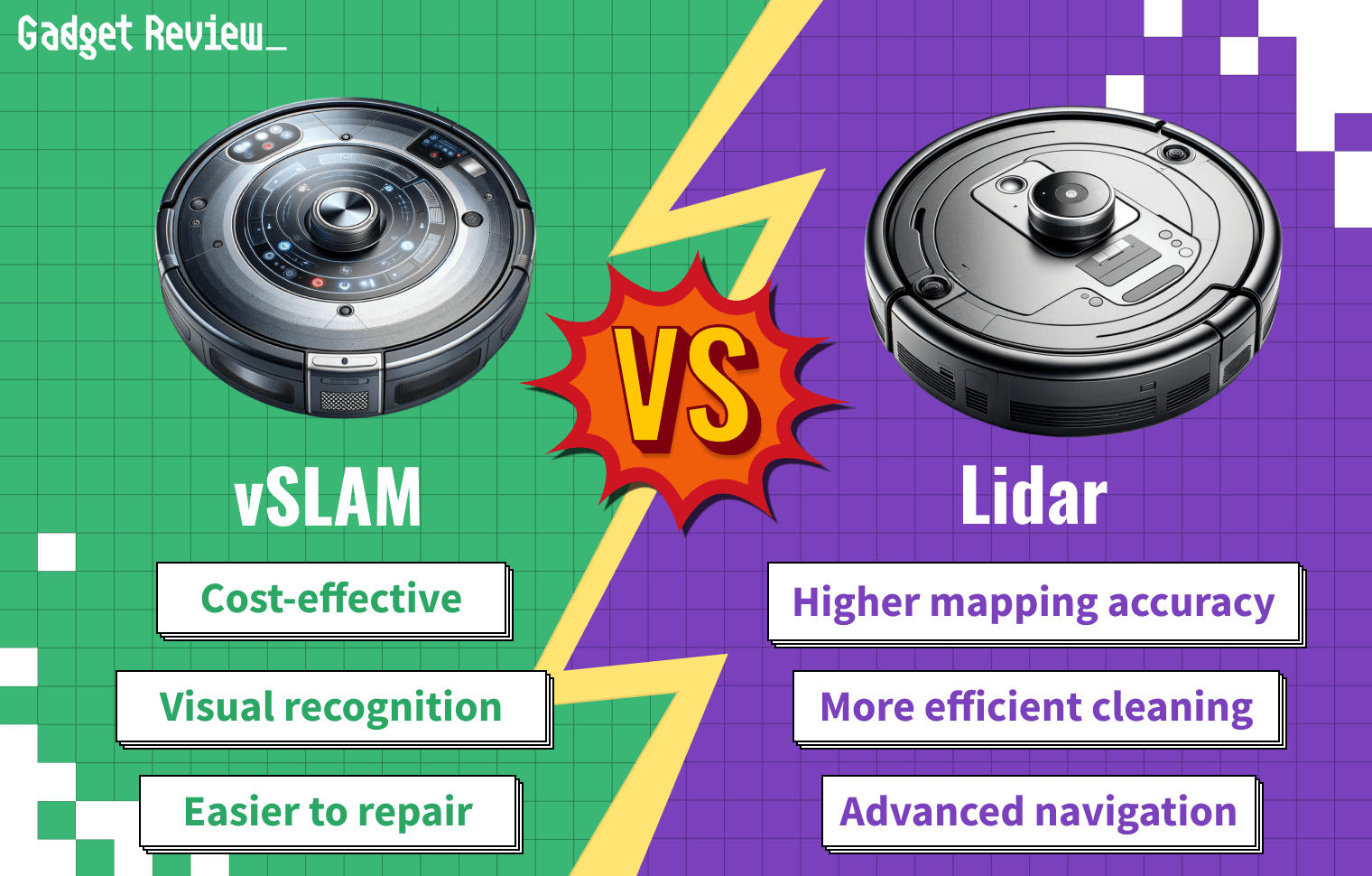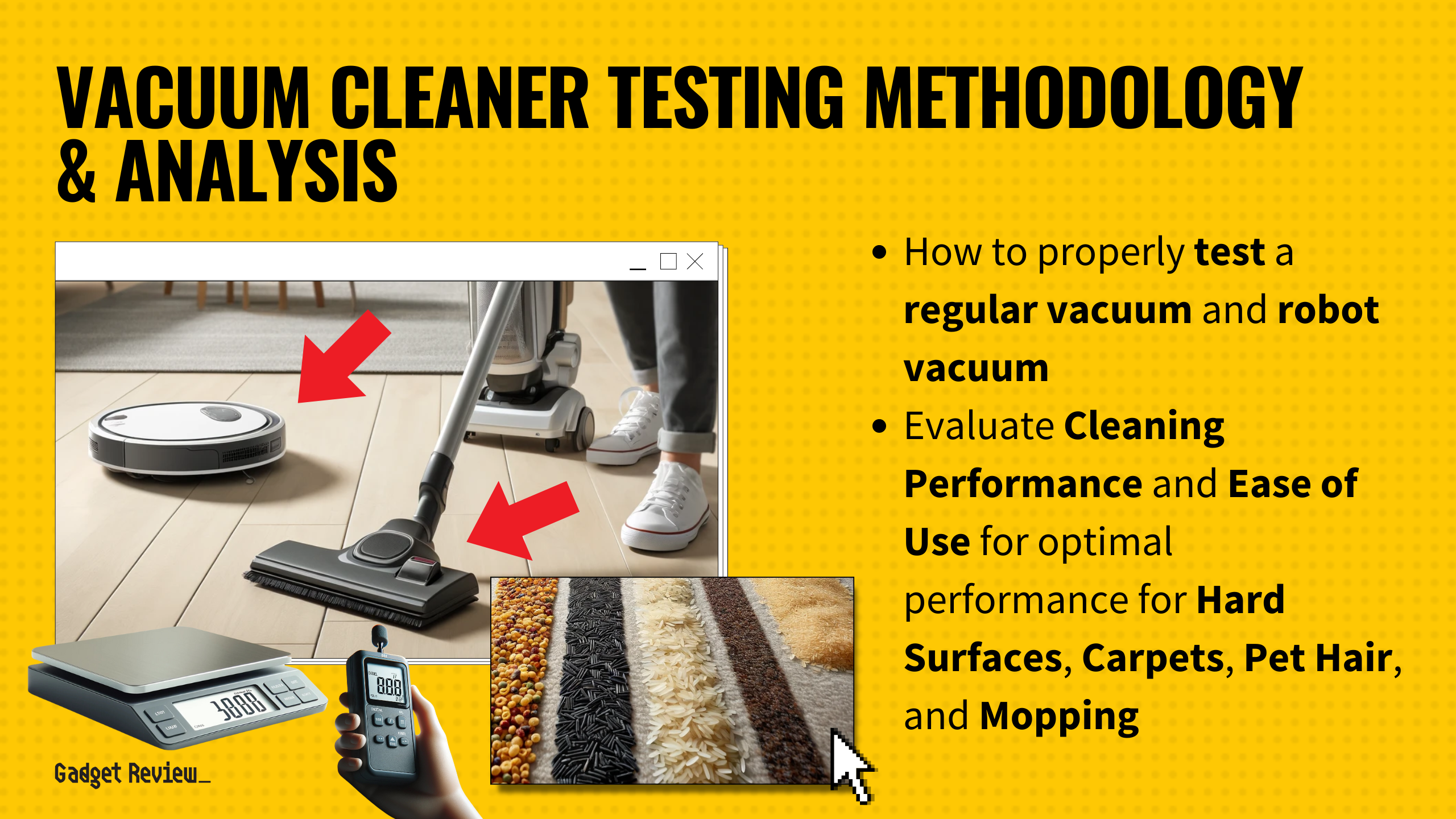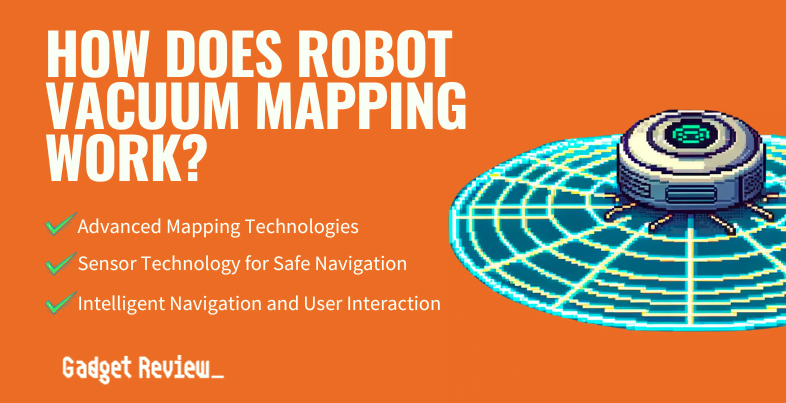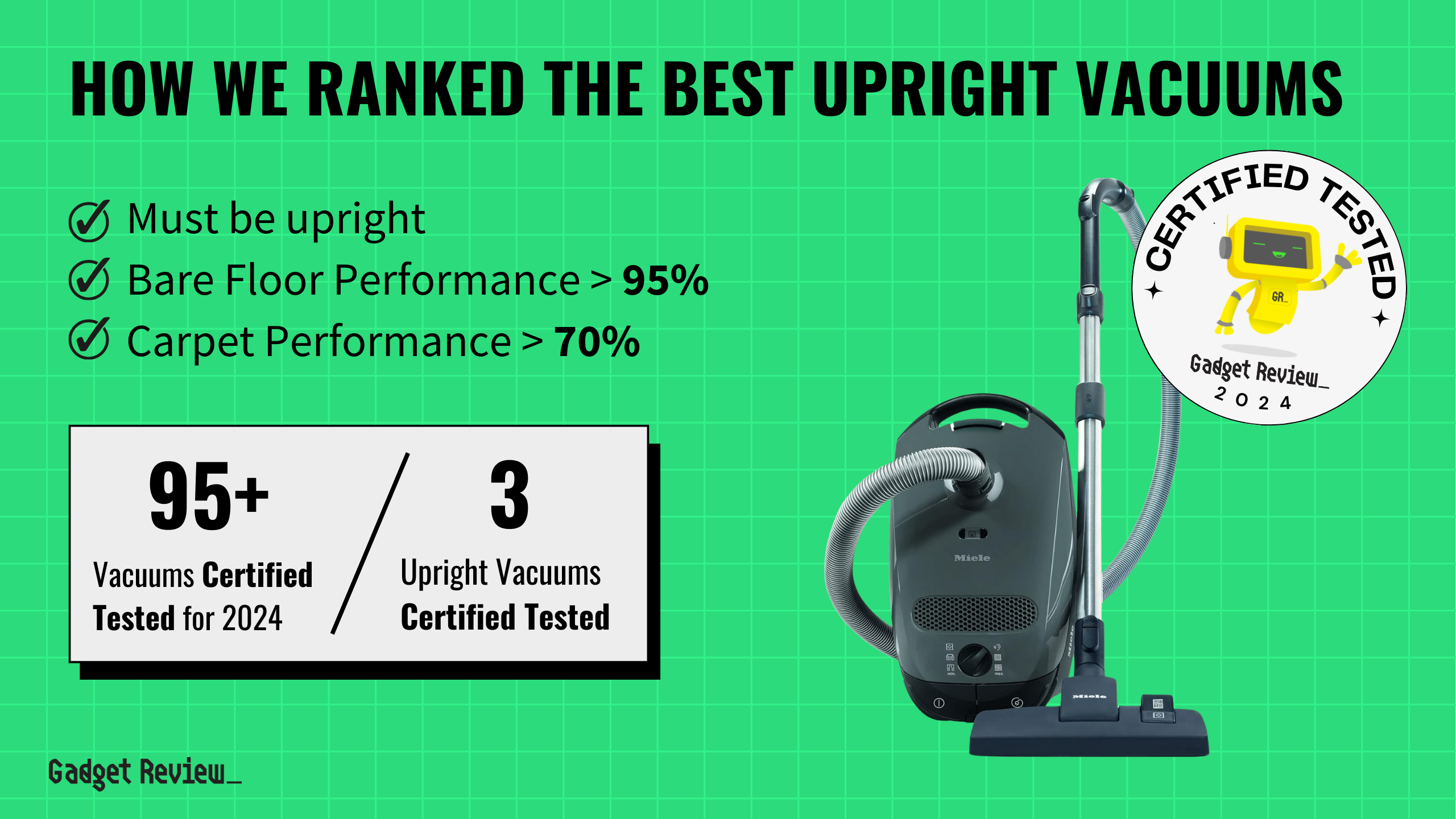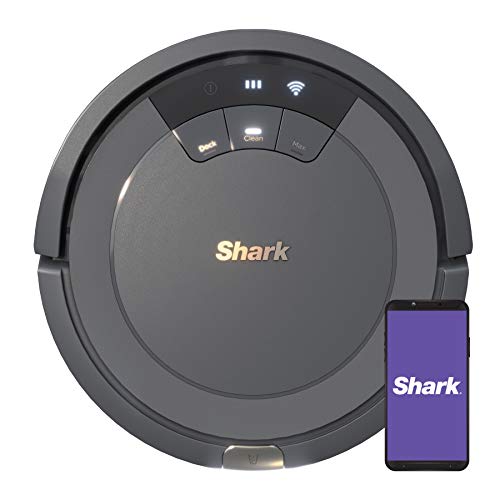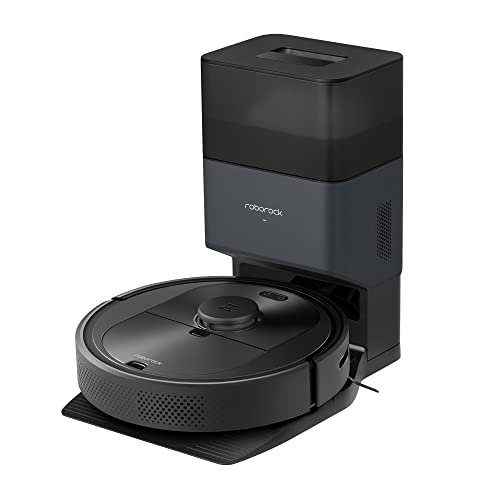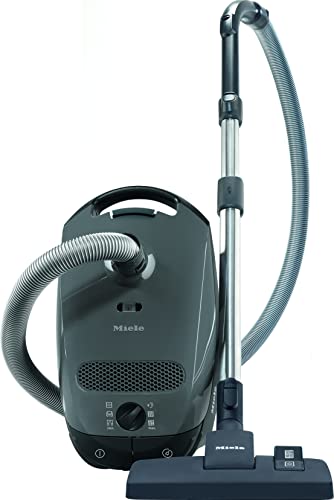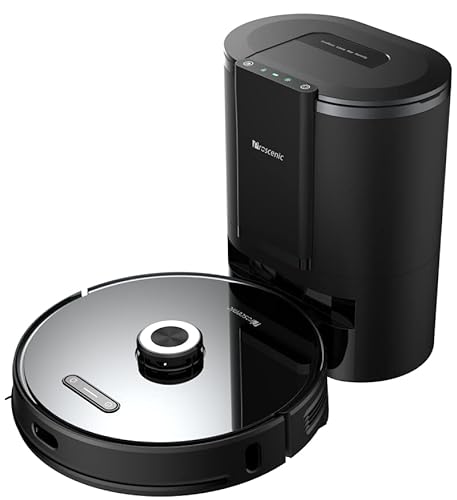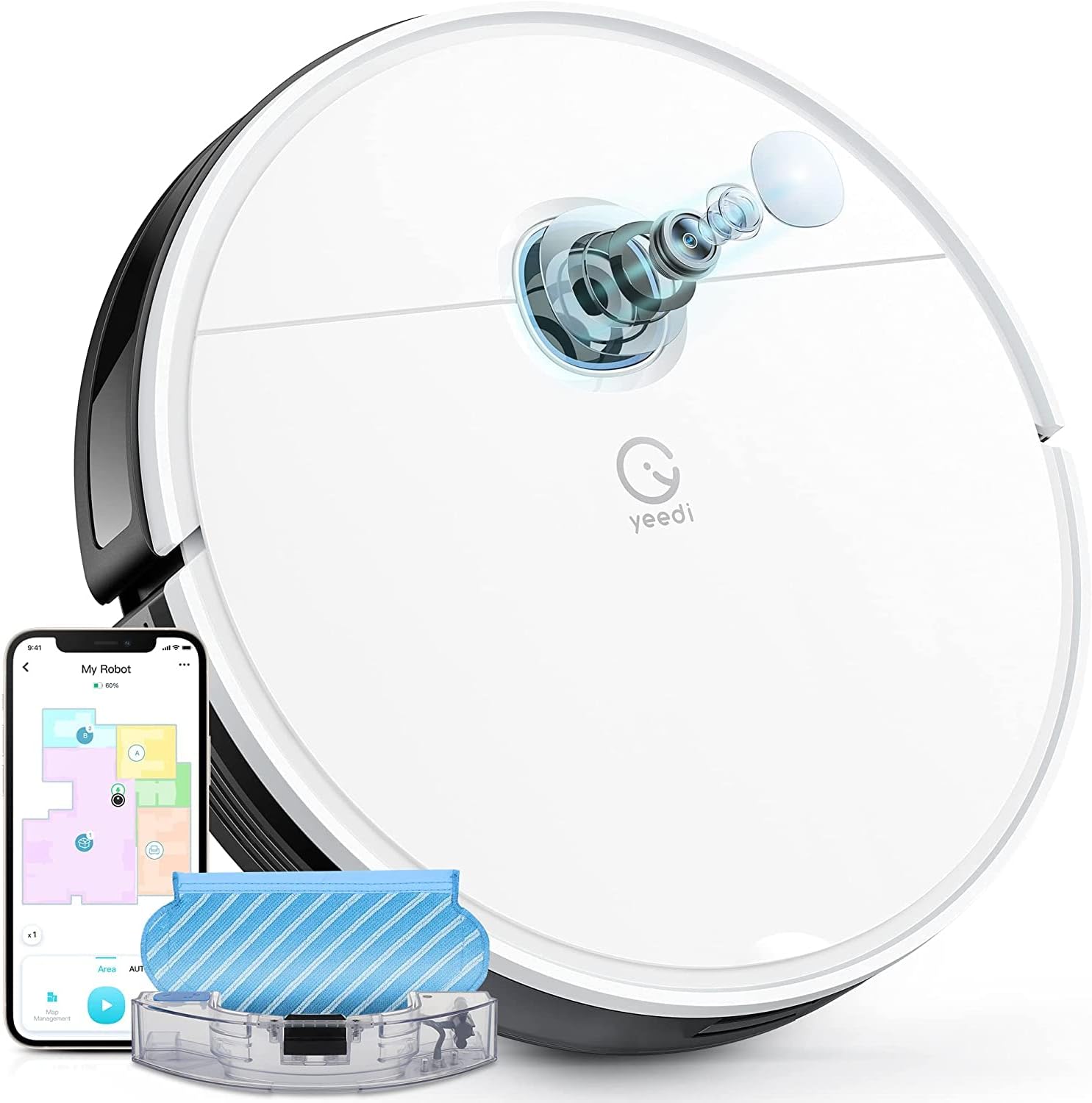Unlike their portable counterparts, central vacuum systems offer seamless cleaning with powerful suction that traditional vacuums can’t match.
But what exactly is central vacuum cleaning, and how does it transform the chore of cleaning your home?
Let’s dive in.
Cleaning Your Central Vacuum
Central vacuum cleaning involves a built-in system where suction ports and a network of pipes run through the walls of your home, connecting to a central unit.
STAT: Central vacuum systems can last 15-20 years with proper maintenance.
This system eliminates the need to lug a vacuum from room to room, offering a plug-and-play solution that makes cleaning less of a chore and more of a quick, easy task.
Check out the video below for more information.
Comprehensive Maintenance Guide
Maintaining your central vacuum system is crucial for its longevity. Here is a step-by-step guide for essential maintenance:
STEP 1 Empty the Canister Regularly
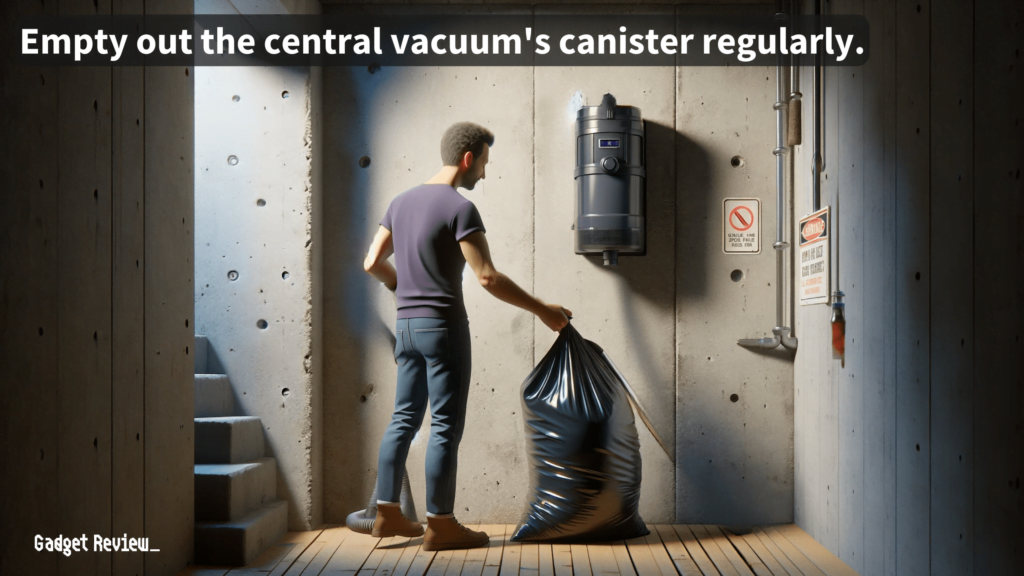
Don’t wait for the canister or bag to be fully loaded. Empty it when it’s half or two-thirds full to maintain suction power.
STEP 2 Filter Maintenance
Clean or replace your system’s filters according to the manufacturer’s recommendations to keep the air in your home clean and the system running smoothly.
STEP 3 Motor and Brushes Check
Occasionally inspect the motor and brushes for wear and tear. This can prevent larger issues down the line.
insider tip
Lubricate the motor (if applicable): Some motors require occasional lubrication, according to the manual.
STEP 4 Prevent Clogs
Use maintenance cloths to clean out the pipes and hoses periodically.
If you encounter a clog, reverse the hose to attempt to clear it or use a plumber’s snake for tougher blockages.
STEP 5 Proper Storage
Store hoses and attachments properly to avoid damage. A wall-mounted hanger can keep hoses in good condition and out of the way.
The Advantages of Central Vacuum Systems
Central vacuum systems are a game-changer for homeowners. With superior suction power, these systems can tackle dirt and debris more effectively than traditional vacuums.
STAT: Their filtration systems can trap up to 99.97% of allergens and dust mites, improving indoor air quality.
They’re designed to remove allergens from your home, improving air quality and making your living space healthier.
Plus, the main unit is typically located in the basement or garage, reducing noise and making vacuuming less disruptive.
Installation Essentials
DIY installation might be tempting, but the complexity of installing a central vacuum system makes professional installation a wise choice.
Experts ensure that the network of pipes is laid out right and the central unit is positioned to serve your entire home.
This guarantees the system’s performance and safeguards against common installation errors.
Troubleshooting Tips for Common Issues
If you notice a loss of suction or a blockage, don’t panic. Check the hose for obstructions, ensure the canister isn’t full, and inspect the filters.
For persistent issues, consult a professional. They can diagnose and solve problems beyond routine maintenance.
warning
Avoid vacuuming up large debris, liquids, or ashes, as these can damage the system.
Understanding the Costs
Investing in a central vacuum system involves initial installation costs, but the benefits far outweigh these expenses.
Regular maintenance can help avoid costly repairs, making it a cost-effective solution in the long run.
By following the manufacturer’s guidelines and performing routine checks, you can ensure your system remains efficient for years to come.
A Cleaner Home, A Better Life
Central vacuum systems offer a modern solution to the age-old task of keeping your home clean.
With superior cleaning power, reduced noise, and health benefits, it’s an investment in your home’s cleanliness and your family’s well-being.
Ensuring professional installation and following a simple maintenance routine, you can enjoy a cleaner home with minimal effort.

